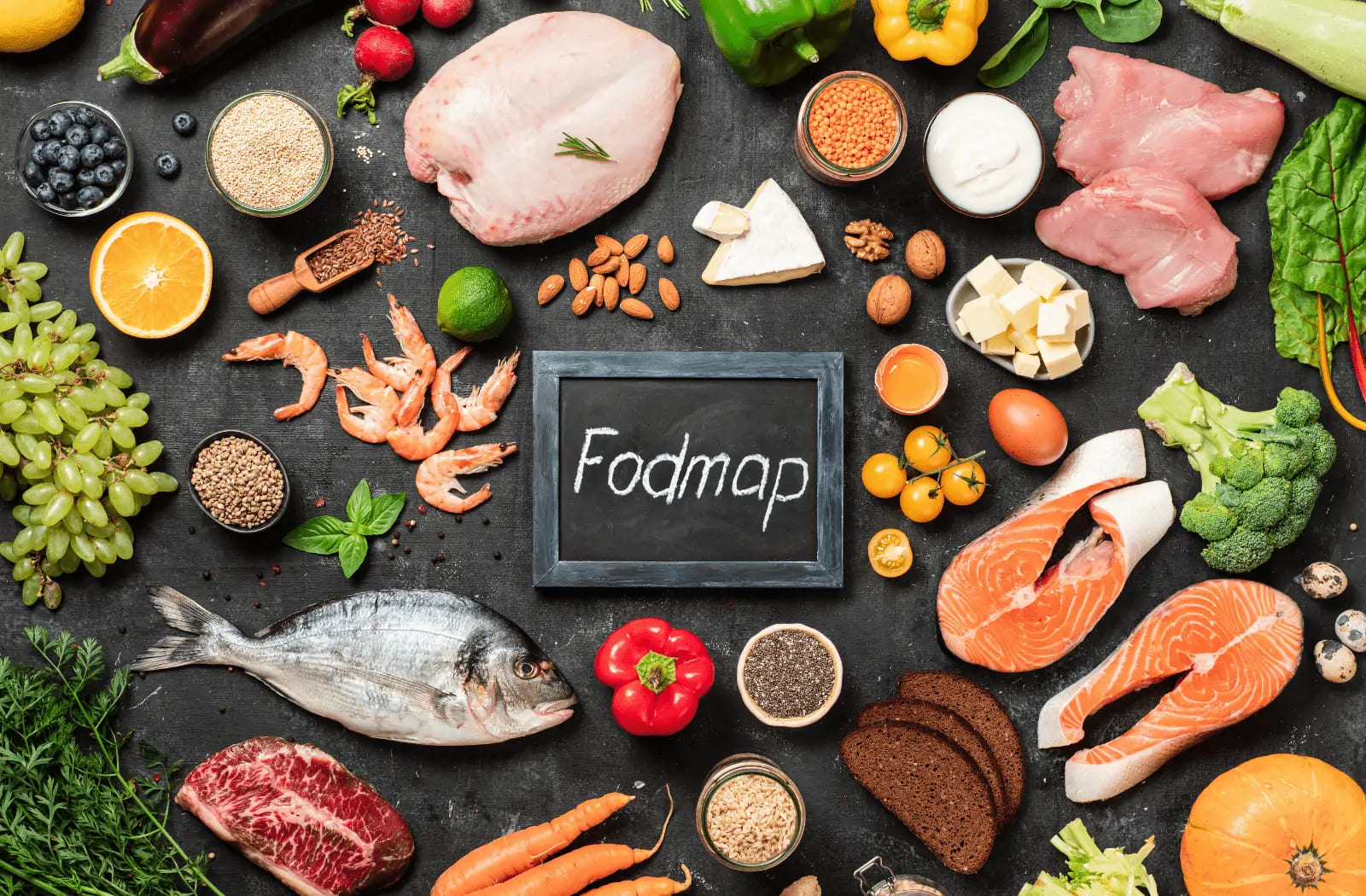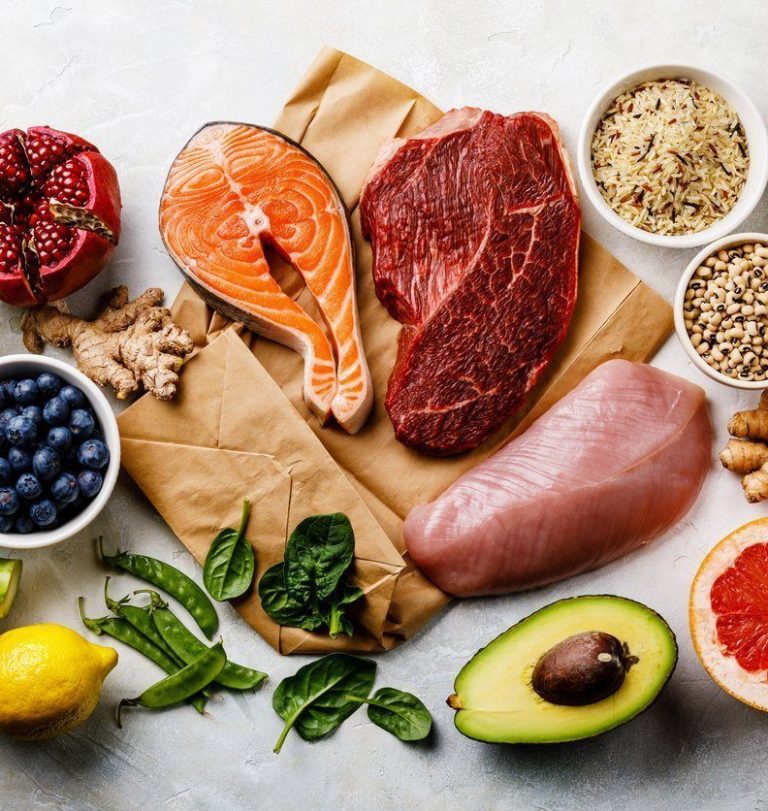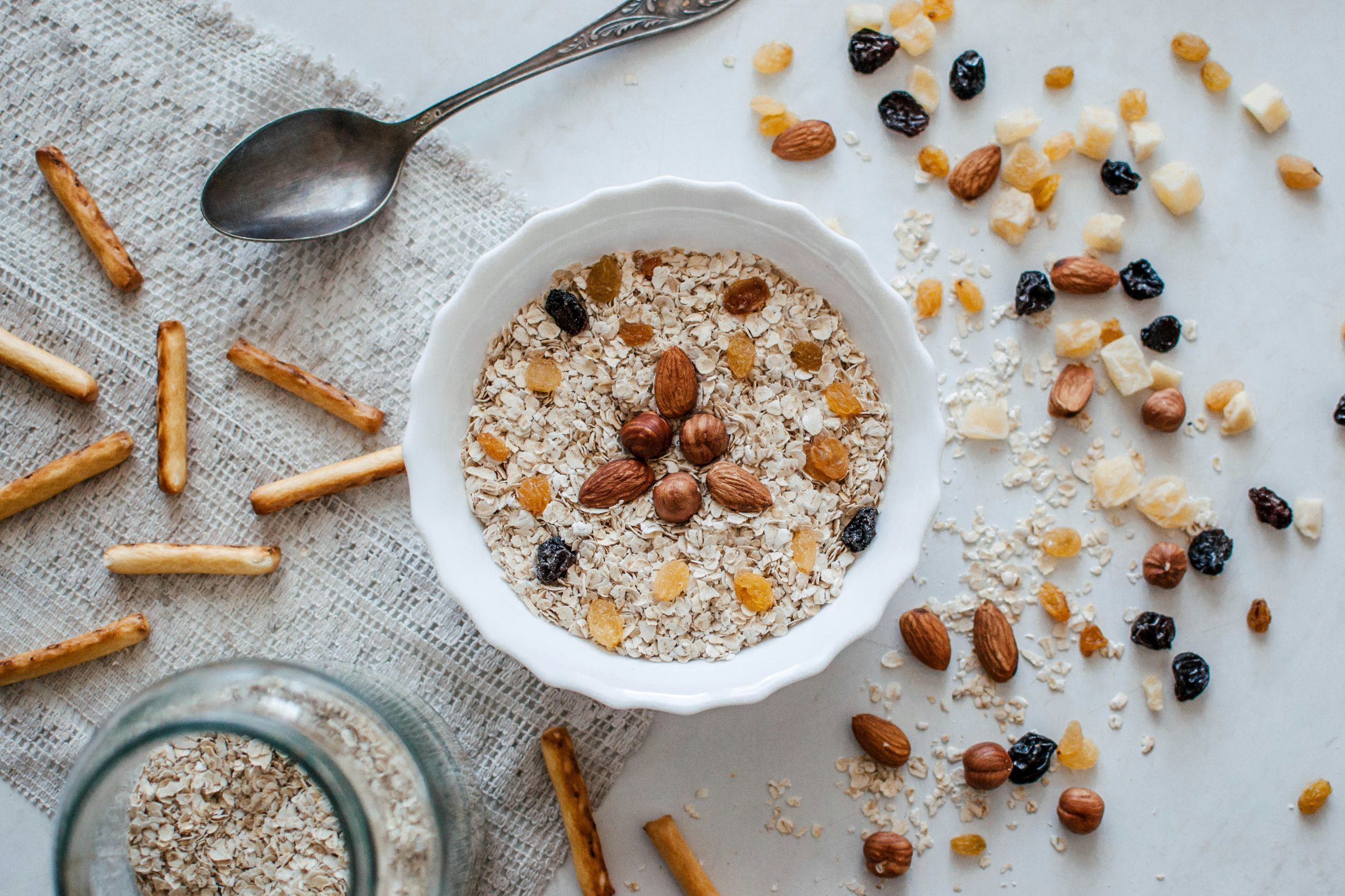Knowing what foods you can eat with Irritable Bowel Syndrome (IBS) can often be very challenging. With symptoms varying from diarrhoea to constipation, and everything in between, there’s no one-size-fits-all approach to managing IBS through diet. However, with the right guidance and a bit of experimentation, discovering the foods that soothe rather than aggravate can make a huge difference in understanding your triggers and keeping symptoms at bay.
Understanding your triggers
IBS manifests differently for everyone, with triggers as diverse as the individuals themselves. Those with IBS with diarrhoea (IBS-D) might find relief through different means than those with IBS with constipation (IBS-C), while some individuals may experience a mix of symptoms. Identifying and avoiding trigger foods is key, but it’s a process that requires patience and persistence.

Creating a meal plan
Crafting an eating plan tailored to your IBS subtype often involves a multi-step process:
- Initial adjustments: Begin by establishing a regular meal pattern while reducing intake of insoluble fiber, alcohol, caffeine, spicy foods, and fats. Staying hydrated and incorporating regular exercise is also important.
- Exploring specialised diets: If initial adjustments don’t suffice, consider specialised diets like the low-FODMAP or gluten-free diet, under the guidance of a healthcare professional.
- Fine-tuning: Even within these diets, there’s room for customisation. Working with a dietitian or nutritionist can help ensure you’re meeting nutritional needs while managing symptoms effectively.
The Low-FODMAP approach
FODMAPs, short-chain carbohydrates found in many foods, can exacerbate IBS symptoms by fermenting in the gut. A low-FODMAP diet involves two phases:
- Phase 1: Restrict high-FODMAP foods for a set period.
- Phase 2: Gradually reintroduce FODMAPs to gauge tolerance.
Research suggests that a significant number of people with IBS find relief through this approach.

Read more: Living with IBS: Signs that may indicate you have IBS
Foods to eat to manage your IBS
- Low-FODMAP fruits: Opt for fruits like bananas, berries, grapes, and citrus fruits in moderation. These fruits are lower in fermentable sugars, which can help reduce bloating and gas.
- Cooked vegetables: Cooked vegetables such as carrots, squash, zucchini, and potatoes are easier to digest than raw ones. They provide essential nutrients without causing excessive gas or bloating.
- Lean proteins: Choose lean protein sources like chicken, fish, and tofu. These options are easier on the digestive system compared to fatty meats, reducing the risk of triggering IBS symptoms.
- Low-lactose dairy: Select lactose-free or low-lactose dairy products such as lactose-free milk, yoghurt, and hard cheeses. These options provide calcium and protein without exacerbating digestive discomfort in lactose-intolerant individuals.
- Gluten-free grains: Incorporate gluten-free grains like rice, quinoa, oats (if tolerated), and gluten-free bread and pasta. Avoiding gluten can help alleviate symptoms in individuals with gluten sensitivity or non-celiac gluten sensitivity.
- Healthy fats: Include sources of healthy fats such as avocados, nuts, seeds, and olive oil. These fats support overall health and provide sustained energy without exacerbating IBS symptoms.
- Probiotic-rich foods: Consume probiotic-rich foods like yoghurt, kefir, and fermented vegetables (e.g., sauerkraut, kimchi). Probiotics promote gut health by supporting a balanced microbiome, potentially reducing IBS symptoms.
- Low-FODMAP snacks: Choose low-FODMAP snack options such as rice cakes, plain popcorn, rice crackers, and small portions of nuts and seeds. These snacks provide quick energy without triggering digestive distress.
- Herbal teas: Enjoy herbal teas such as peppermint, ginger, chamomile, and fennel. These teas have soothing properties that can help alleviate digestive discomfort and promote relaxation.
- Water-rich foods: Incorporate water-rich foods like cucumbers, melons, tomatoes, and celery. These foods help maintain hydration and provide essential vitamins and minerals without contributing to digestive issues.
Exploring gluten sensitivity
While the link between gluten and IBS is still debated, many report symptom improvement upon eliminating gluten-containing foods. A gluten-free diet, often recommended if low-FODMAP doesn’t suffice, can offer relief to some symptoms.
Customising for constipation or diarrhoea
For those battling IBS-related constipation, increasing fiber intake gradually is key. Opt for soluble fiber sources and incorporate foods rich in healthy fats. On the other hand, if diarrhoea is your primary concern, focus on bland, easily digestible foods. Steer clear of fatty or greasy options and limit insoluble fiber intake during acute episodes.
ALSO SEE: Foods to avoid if you have IBS
Feature image: Pexels


